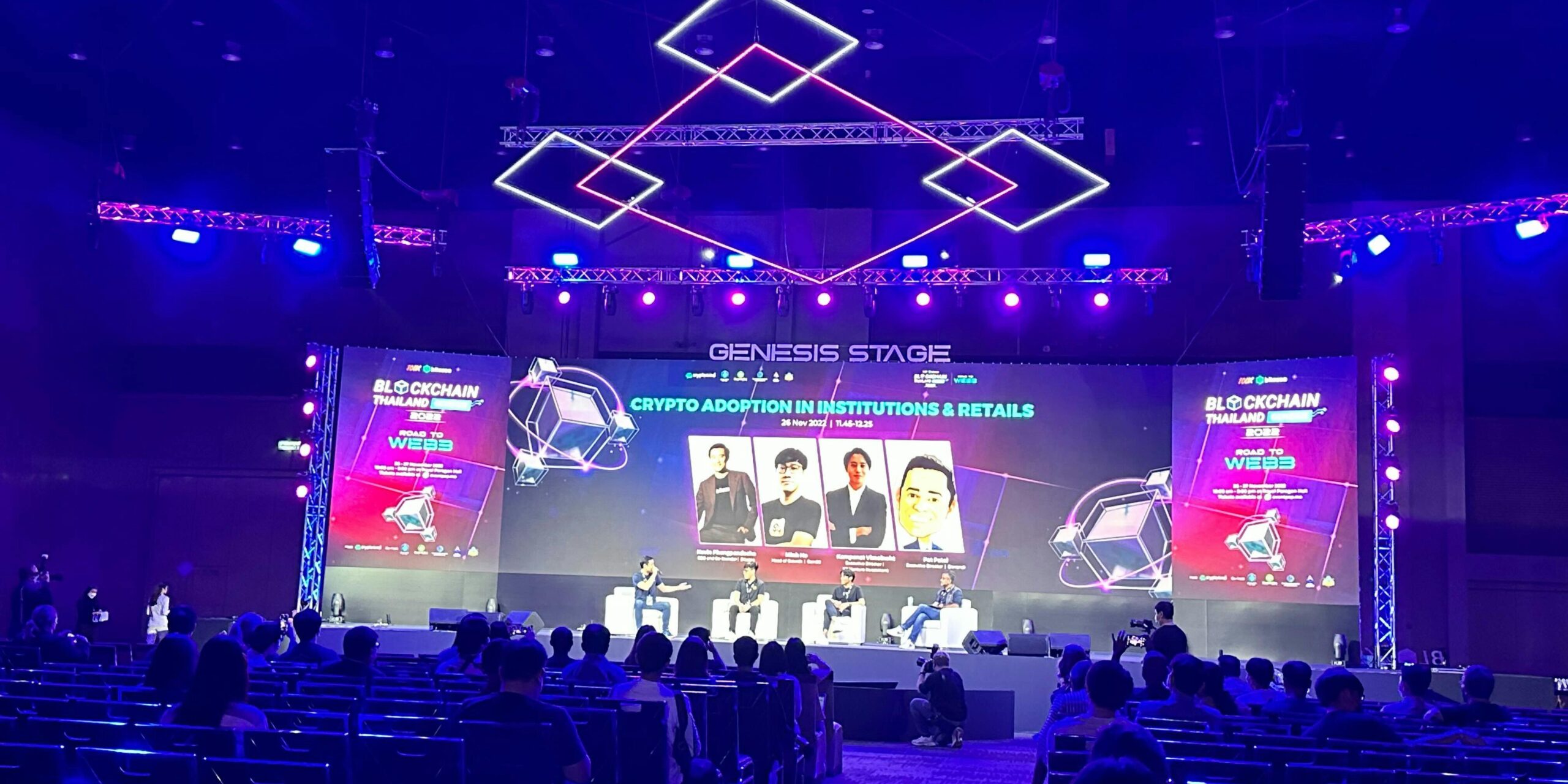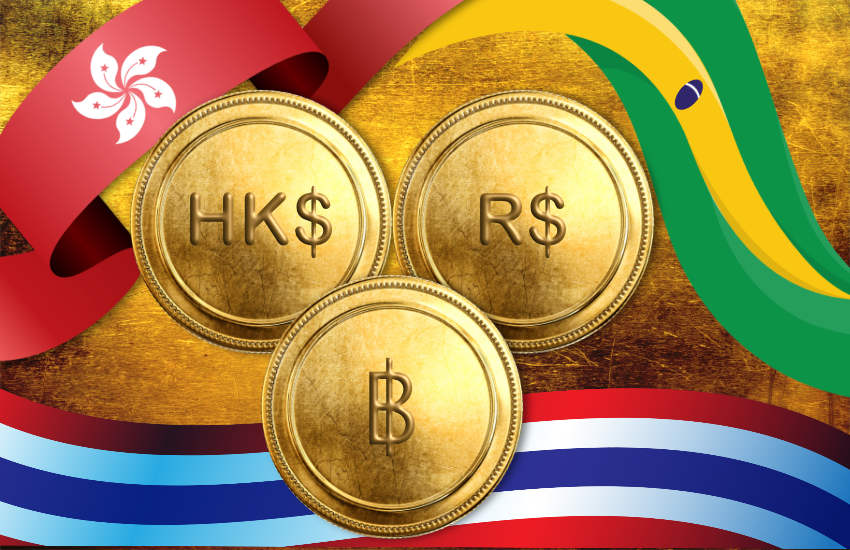Aside from being a tourist destination, Thailand doesn’t seem to be the center of attention for the startup community. But the situation is changing rapidly, and Thailand, especially Bangkok and Phuket, is expected to be the next stop for Web3 startups.
The Ecosystem
A number of entrepreneurs have already moved to Bangkok, Thailand. In the early stage, there are mostly gaming, payment and cross-border e-commerce, and later there are also some fintech and mining practitioners. In Phuket, there are also some programmers, smart contract development engineers and other technicians gathered. Although the number is smaller than that of Singapore, entrepreneurs are slowly forming a climate.
Thailand’s beautiful living environment, free social ecology, good location and relatively vast market (about 70 million total population) have attracted many entrepreneurs from Europe, America and other Southeast Asian countries to gather here.
Bangkok’s startup ecosystem is dominated by centralized exchanges, chain tours, NFTs and other application-based projects. Phuket has gathered a number of Defi, Dex, infrastructure type projects.
Local entrepreneurs are adamant that Southeast Asia will be the center of the next global explosion of Web3 apps, as the region led the world in large-scale Web3 apps in the last bull cycle, represented by Axie Infinity, StepN, and numerous NFT projects. With a total population of 640 million, the region is a relatively complete market with frequent intra-regional economic and trade exchanges, despite the large number of countries and relatively segregated markets.
Regulation
Thailand’s regulation of digital currencies is relatively lax. The Digital Assets Act was enacted and enforced back in May 2018 and is the main law regulating the issuance of digital assets and other business activities involving digital assets. Trading of digital currencies is included in securities regulation, with centralized exchanges given licensing. Initial token offerings in Thailand are registered with the Securities and Exchange Commission (SEC), and the electronic system provider that facilitates the offering is responsible for conducting due diligence on the eligibility of the token and issuer, as well as due diligence on potential investors.
Thailand does not yet have specific regulations for NFTs, but regulators have been looking at ways to update the regulation. Regulatory requirements for asset-backed tokens (especially real estate tokens) exist in Thailand. There are already projects in Thailand that fragment interests in real estate projects into tokens that can be traded on trading venues.
Environment
Thailand has beautiful scenery, comfortable living and good security. Bangkok is an international metropolis, and the cost of living, housing, education, and healthcare is lower than Singapore, Hong Kong, and first-tier cities in China, making it an alternative location for Web3 startups in the south.
Although there is also a shortage of tech talent, due to the advantages mentioned above, you may want to consider relocating your engineering, R&D, and operations staff to Thailand in formation, which will not significantly increase labor costs.
Visas are easy to obtain. Relatively easy to obtain compared to other countries in the region such as Singapore.
Bangkok is well developed in terms of education and healthcare. Employees’ children can enter local British and American international schools more easily, and many schools are branches of famous British and American schools.
When foreigners open companies in Thailand, more than 50% of the shares must be held by Thais, but economic benefits and control can be transferred to foreign shareholders through an agreement arrangement. Foreign-owned projects approved by the Board Of Investment (“BOI”) of Thailand can be set up as purely foreign-owned companies. Eight industry categories are approved by the BOI to receive the above treatment and are also eligible for income tax exemptions for up to eight years as well as non-tax incentives such as foreigner’s work permits and permanent land ownership. Currently, the categories related to the Web3 business program are “Auxiliary Investment and Trading Business”, “Digital Technology”, “Software Business”, ” digital technology”, “e-commerce”, “cloud services” and so on.
Individual income tax is subject to a super progressive tax rate with a maximum rate of 35%. The statutory corporate income tax rate is 20%.
In summary, Web3 business teams can use Bangkok or Phuket as a base for their R&D, operations, and technical staff, and set up a regional company in Thailand with a focus on “ancillary businesses” to provide technical, R&D, and operations support services to the project’s head office outside of Thailand. As Bangkok is located in the geographic center of Southeast Asia, it has an undeniable advantage in understanding local users and local market demand.



